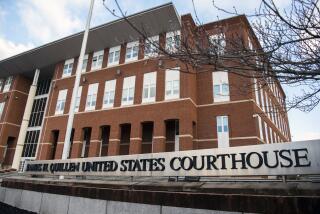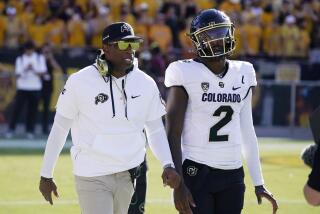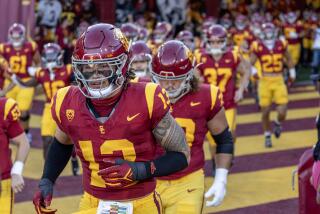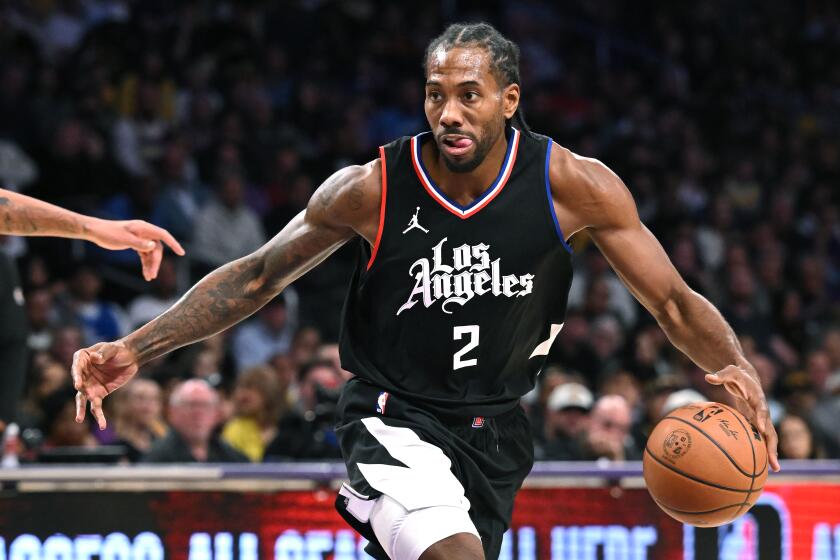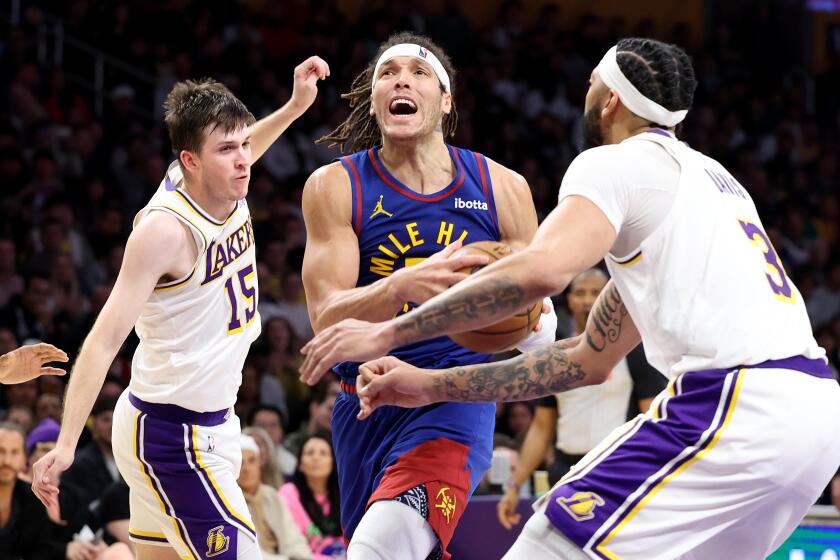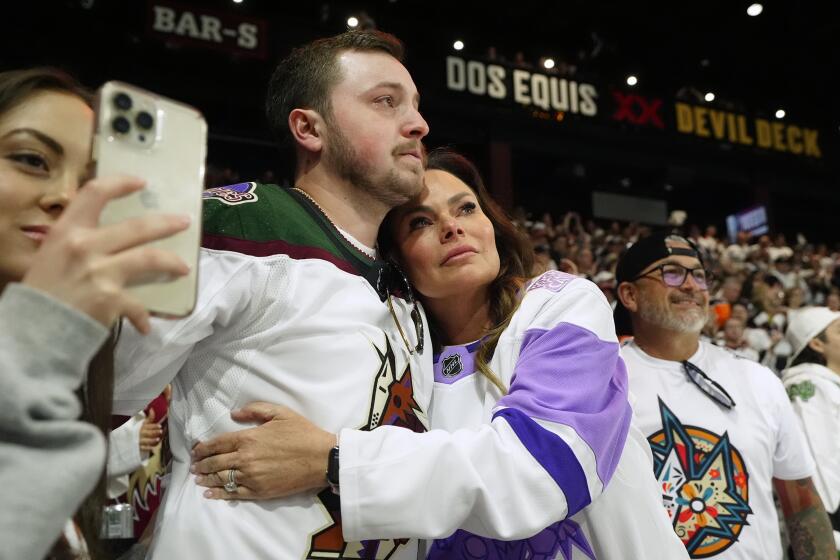NCAA to allow college basketball players to return to school if they go undrafted, pushes for end of one-and-done rule
With college basketball ensnared in corruption and a long-running FBI investigation, the NCAA has adopted a broad range of reforms meant to restore the game.
The changes announced Wednesday will, among other things, allow student-athletes to sign with agents as they consider leaving early for the NBA, then enter the draft and return to college if they are not selected.
NCAA officials also expressed optimism regarding an issue they cannot control — the NBA’s one-and-done age limit by which talented young players are forced to spend a year in college and are considered more likely to break the rules.
“We haven’t yet seen the NBA and the players’ association reduce their draft age down to 18, which we have every expectation they are going to do in the relatively near future,” NCAA President Mark Emmert said. “We’re working very hard to encourage that outcome.”
Outside experts had mixed reactions to the new rules and policies.
“The only reason these things are getting done is because of the court cases and, obviously, the FBI investigation,” said Dave Ridpath, an Ohio University professor and member of the watchdog Drake Group. “Nobody should pat themselves too hard on the back.”
The ongoing federal investigation has alleged widespread cheating among coaches, agents and others who stand accused of funneling cash to players and recruits.
So far, 10 people have been charged in federal court, including former USC associate head coach Tony Bland and former assistants at Arizona, Auburn and Oklahoma State.
The NCAA formed a special commission to assess the situation last fall. That group, headed by former Secretary of State Condoleezza Rice, issued a series of recommendations in April.
This week, the NCAA board of governors and Division I board of directors adopted the list of changes.
“This has been a fast process,” said Bud Peterson, the board of governors chairman. “Essentially, something that would normally take us about two years through the governance process, we were able to accomplish in three or four months.”
Opening the door for young players to test the draft and, in the process, seek representation was seen as a significant step. Athletes must sign with agents certified by the NCAA and may accept money only for costs related to agent selection and pro tryouts.
In the area of enforcement, officials will establish two independent groups to handle the most serious cases — about three to five a year — and will impose stiffer penalties for major violations.
NCAA investigators, who have always lacked the authority of law enforcement, will be allowed to use of information gathered by other entities, such as the FBI, as they develop their cases.
“We will never have subpoena power,” Emmert said. “But this does strengthen the position of our enforcement group.”
Other rule changes centered on the uneasy relationship between college basketball and the powerful shoe and apparel companies that pump millions of dollars into the sport at levels ranging from youth leagues to the pros.
Coaches and athletic department staff must now disclose any personal deals they have with the likes of Adidas, Nike and Under Armour. NCAA officials said they would pursue agreements that bring greater accountability and transparency to the private club teams and summer tournaments that have become a focal point of recruiting.
None of this impressed Jeffrey Lichtman, a New York attorney representing USC’s Bland, who believes college sports have ignored a pressing economic issue.
“Basically, the NCAA has shut the barn door after the horses have escaped,” Lichtman said. “The players generate huge income for their schools and the NCAA and deserve to be paid.”
The NBA’s age limit, which currently sets the minimum at 19, remains another contentious point.
Though it involves only the very best players, they are considered especially vulnerable to accepting improper money from agents and boosters because they might not want to attend school in the first place.
“My personal view is that we’re ready to make that change,” NBA Commissioner Adam Silver said of the age mark.
The modification would have to be accepted by the players union and be written into the league’s collective bargaining agreement. NCAA officials acknowledged that Wednesday’s announcement was only a start.
“Very pleased with where we are, with the progress we’ve made so far,” Peterson said. “We’ve got a lot of work to do.”
Times staff writers Nathan Fenno and Dan Woike contributed to this story.
Follow @LAtimesWharton on Twitter
More to Read
Get our high school sports newsletter
Prep Rally is devoted to the SoCal high school sports experience, bringing you scores, stories and a behind-the-scenes look at what makes prep sports so popular.
You may occasionally receive promotional content from the Los Angeles Times.

